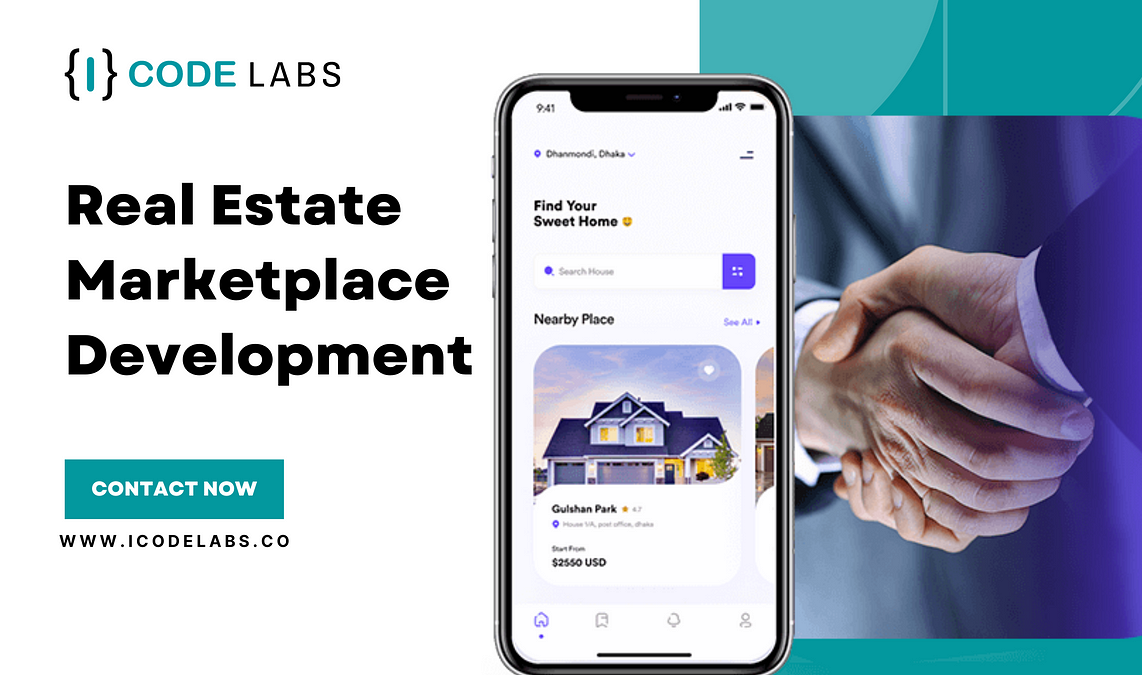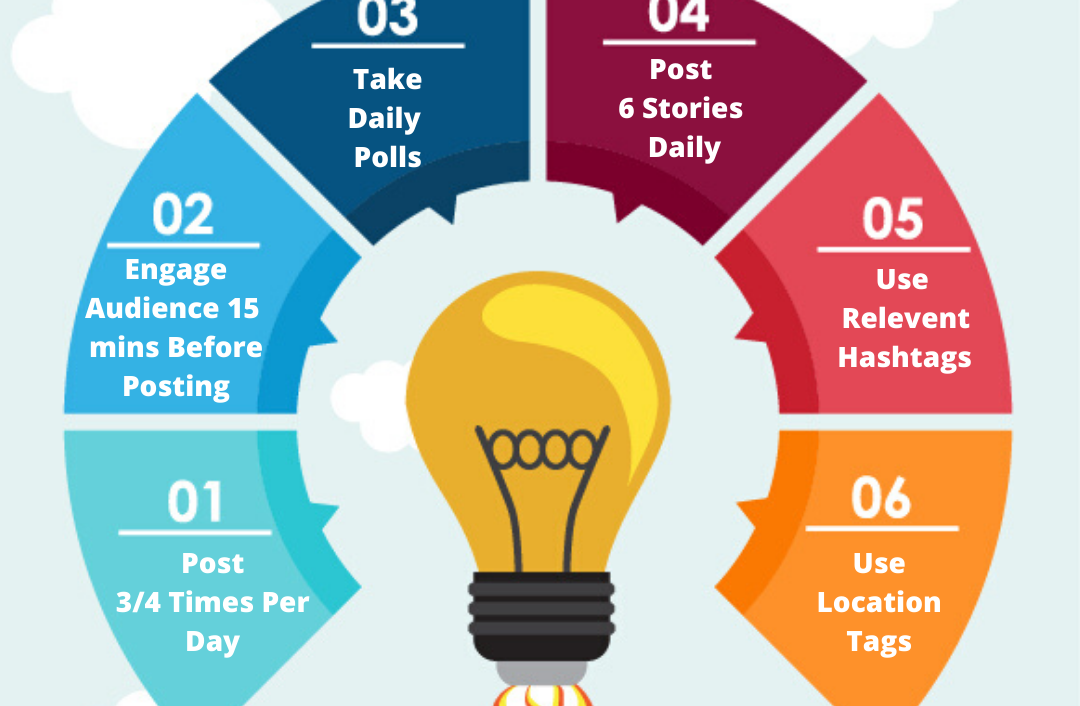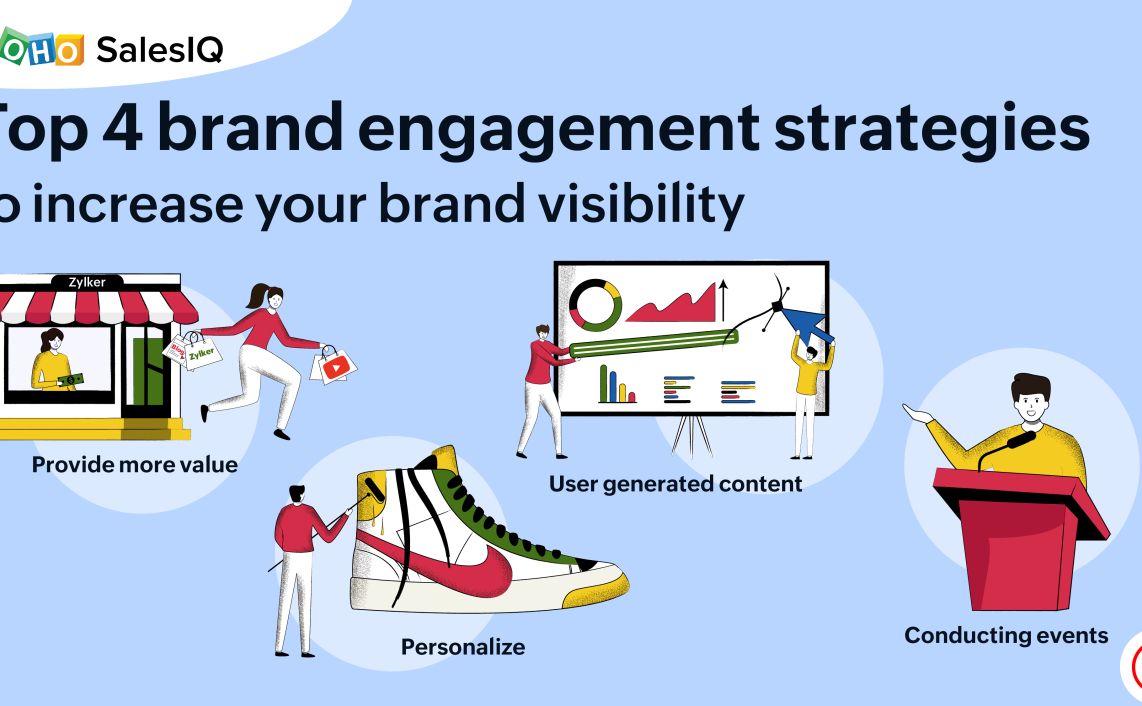Healthcare Marketing: Strategies for Differentiation and Engagement
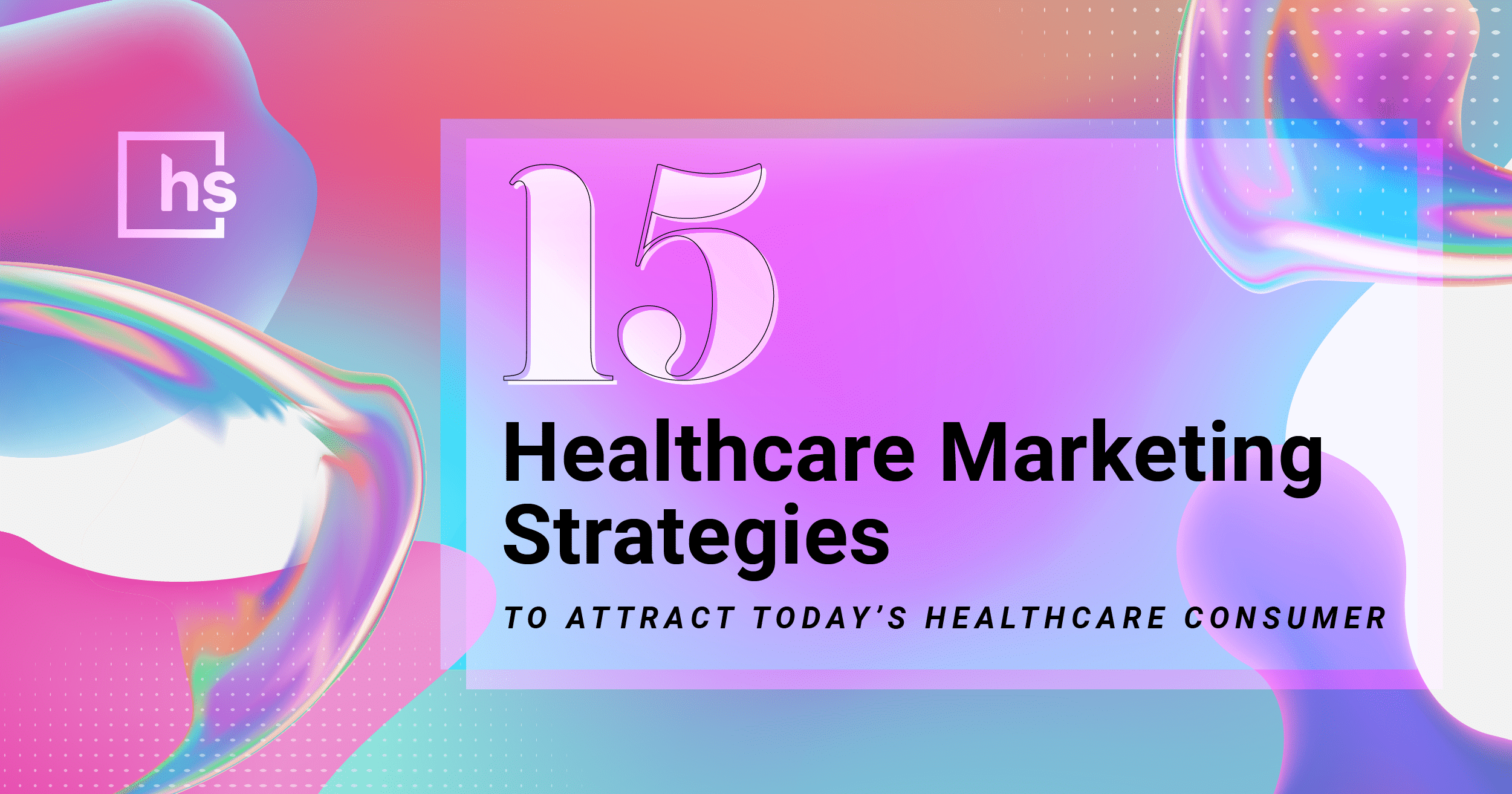
In today’s competitive healthcare landscape, it’s more important than ever for providers to differentiate themselves and engage with patients. Traditional marketing methods are no longer enough to cut through the noise and reach target audiences. Healthcare marketers need to adopt new strategies that are tailored to the unique needs of the healthcare industry.

Here are some key strategies for healthcare marketing differentiation and engagement:
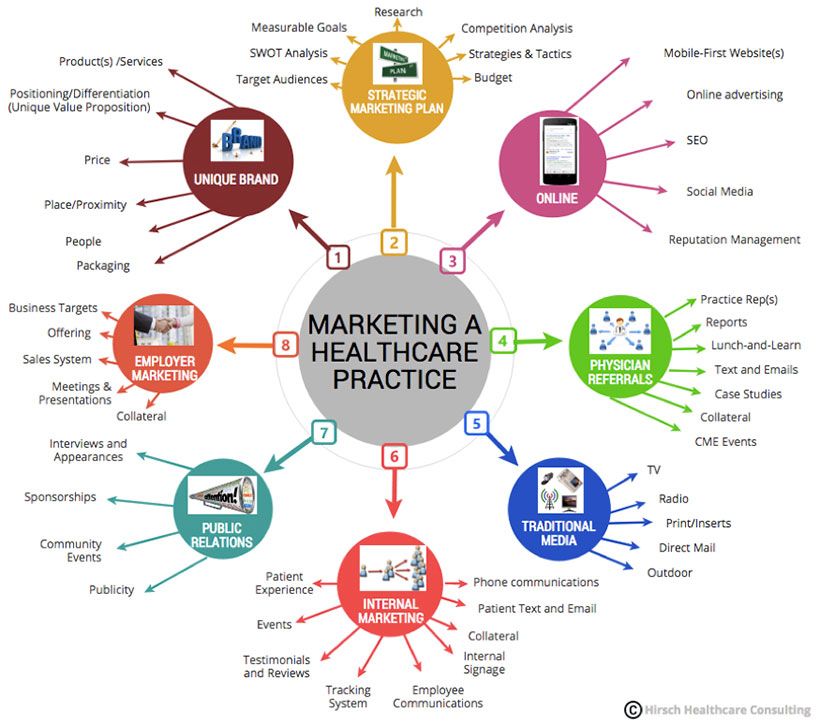
- Focus on patient experience. Patients are increasingly looking for healthcare providers that offer a positive and convenient experience. Healthcare marketers need to focus on creating a seamless and personalized experience for patients, from the moment they first contact your organization to the ongoing management of their care.
- Utilize digital marketing. Digital marketing is a powerful way to reach and engage with patients. Healthcare marketers can use a variety of digital channels, such as social media, email marketing, and search engine optimization (SEO), to connect with patients and provide them with valuable information.
- Build relationships with influencers. Influencers are individuals who have a large following and are respected in their field. Healthcare marketers can partner with influencers to help promote their brand and reach new audiences.
- Use data to drive decision-making. Data is essential for understanding your target audience and developing effective marketing campaigns. Healthcare marketers need to collect and analyze data to track their progress and make informed decisions about their marketing efforts.
- Be patient-centric. Everything you do should be focused on the needs of your patients. This means understanding their needs, wants, and concerns, and developing marketing campaigns that are relevant and engaging.
By following these strategies, healthcare marketers can differentiate their organizations and engage with patients in a meaningful way. This will lead to increased brand awareness, market share, and profitability.## Healthcare Marketing: Strategies For Differentiation And Engagement
Executive Summary
Healthcare marketing is facing new challenges in a constantly evolving landscape, with the need for differentiation becoming more critical than ever before. This article explores key strategies healthcare organizations can employ to stand out in the market and effectively engage with target audiences.
Introduction
The healthcare sector is undergoing a significant transformation, driven by technological advancements and changing patient expectations. In such an environment, healthcare providers need to adopt robust marketing strategies that differentiate their service offerings, build strong patient relationships, and drive business growth.
Subtopics
1. Targeted Patient Segmentation
- Conduct thorough market research to identify specific patient groups based on demographics, health conditions, and healthcare needs.
- Develop personalized marketing campaigns tailored to the unique characteristics and preferences of each segment.
- Use data analytics to monitor campaign performance and make adjustments to optimize targeting.
2. Content Marketing For Health Education
- Create and distribute valuable content that educates patients on health topics, treatment options, and disease management.
- Utilize various content formats such as blog posts, videos, infographics, and social media updates.
- Leverage search engine optimization (SEO) to ensure content is easily discoverable online.
3. Personalized Communication Channels
- Establish multiple communication channels, including websites, social media, email, and mobile messaging, to engage with patients.
- Utilize patient relationship management (PRM) systems to manage patient interactions and track preferences.
- Provide personalized and timely responses to patient inquiries and feedback.
4. Patient Experience As A Differentiator
- Prioritize patient experience at every touchpoint, from scheduling appointments to post-treatment follow-ups.
- Implement feedback mechanisms to gather patient perspectives and identify areas for improvement.
- Create a patient-centric culture that values empathy, compassion, and personalized care.
5. Leverage Technology For Innovation
- Utilize artificial intelligence (AI) and machine learning to personalize patient experiences, improve communication, and optimize marketing campaigns.
- Explore virtual and augmented reality (VR/AR) for patient education, remote consultations, and surgical training.
- Implement telehealth platforms to expand access to healthcare services, particularly for rural or underserved populations.
Conclusion
By embracing these strategies, healthcare organizations can effectively differentiate themselves, engage with target audiences, and achieve better outcomes. Differentiation through targeted segmentation, personalized content, and empathetic communication is essential in today’s competitive market. By leveraging technology for innovation, healthcare providers can not only enhance patient experiences but also gain a competitive edge.
Keyword Tags
- Healthcare Marketing
- Patient Segmentation
- Content Marketing
- Patient Experience
- Technology In Healthcare



